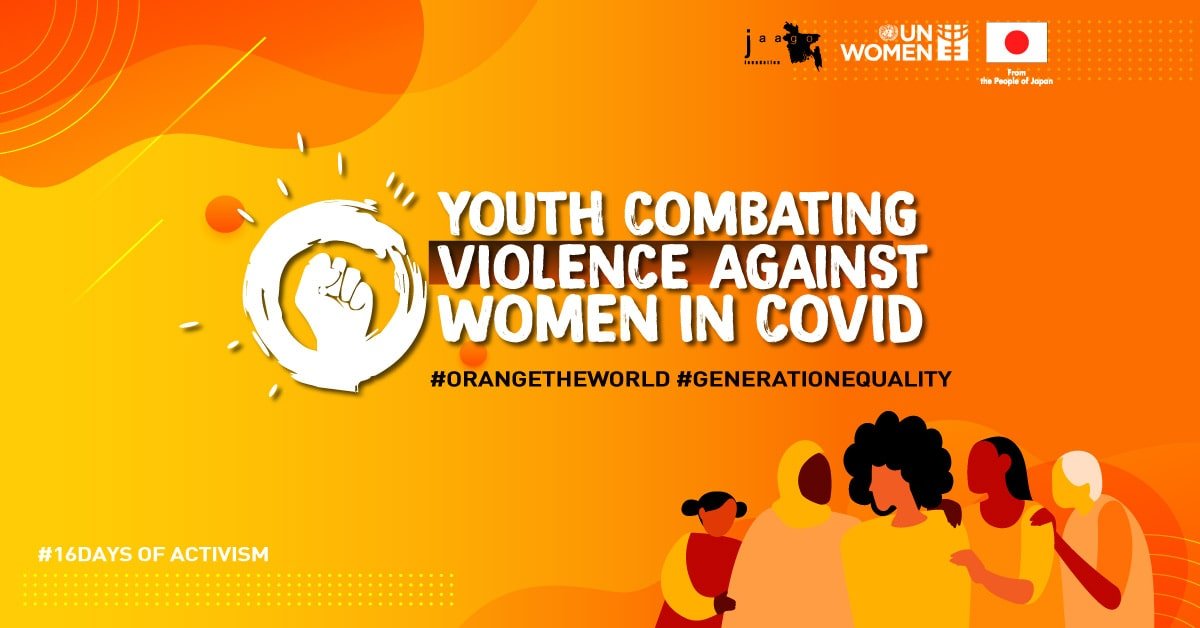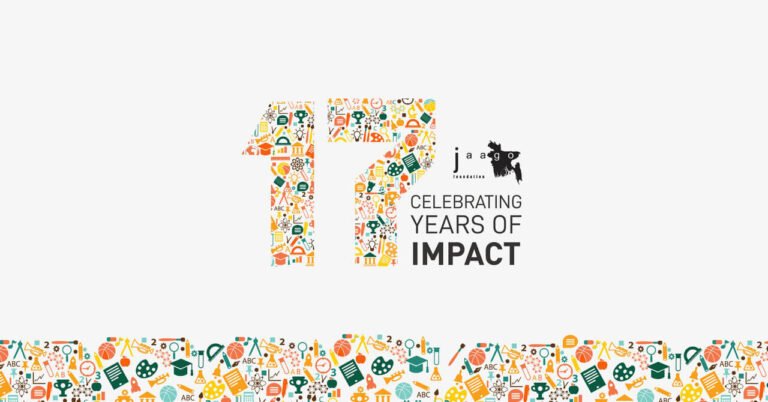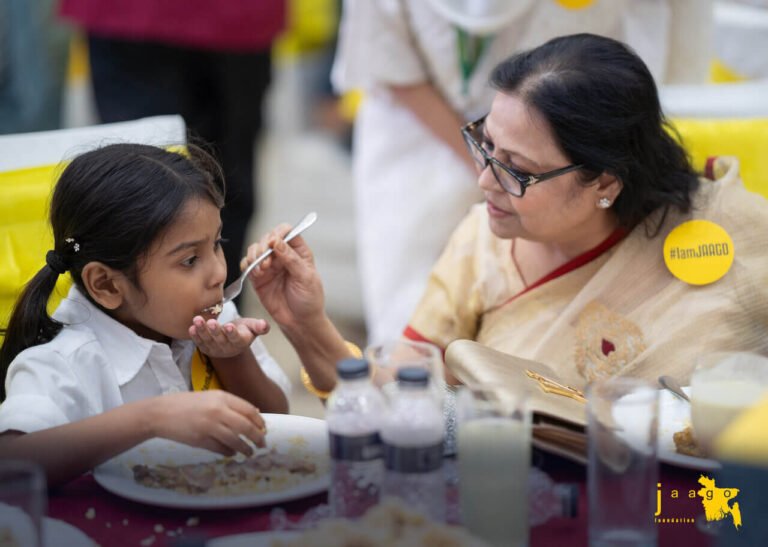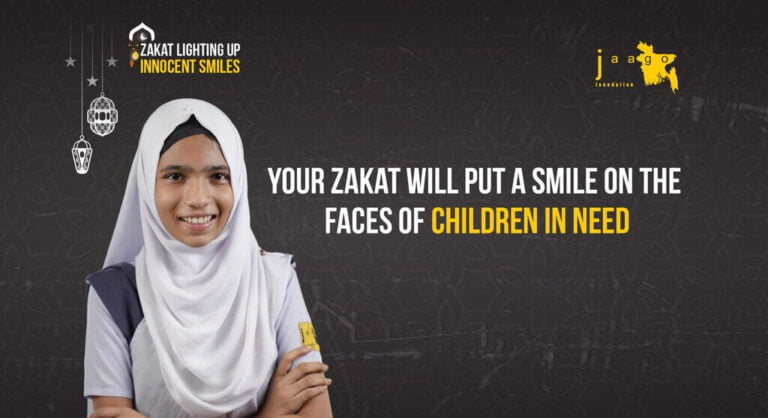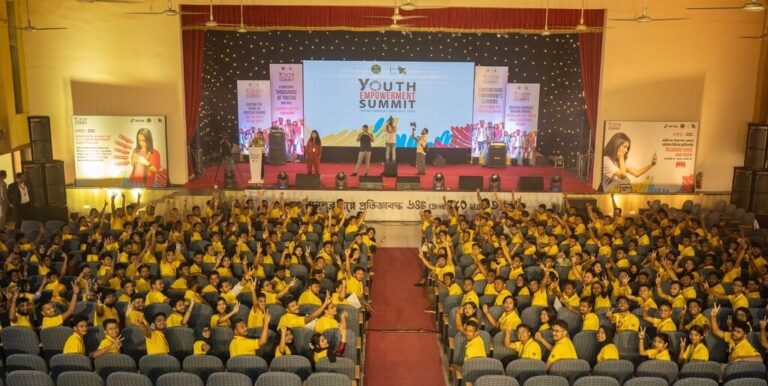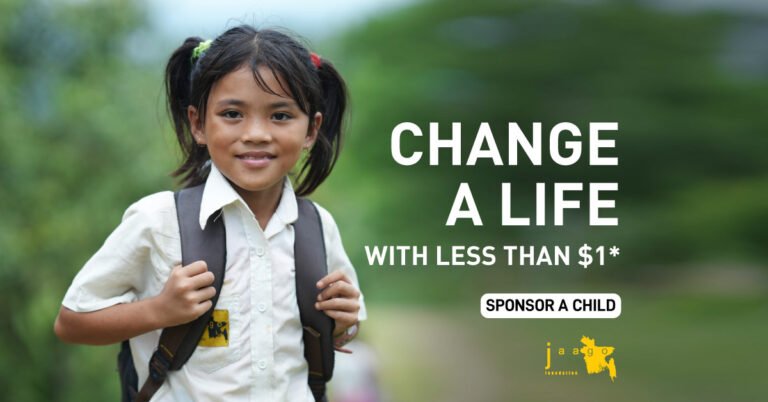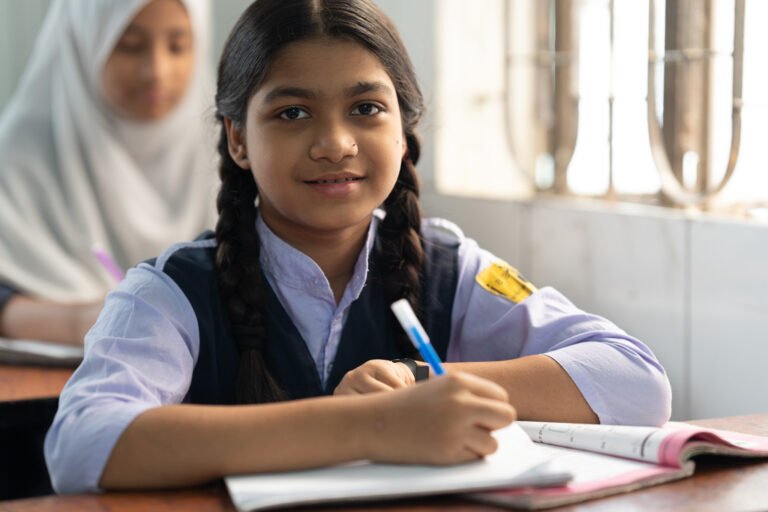(Dhaka) December 5, 2020, Saturday: On the occasion of International Volunteer Day, JAAGO Foundation and UN Women Bangladesh hosted a day-long series of webinars titled “Youth Combating Violence against Women in COVID”. As part of the #16DaysOfActivism against Gender-Based Violence, these webinars brought youth, policymakers, development partners, and influencers all in the same platform to start the discussion on solutions with a gender lens to recover the COVID impact.
Mr. Korvi Rakshand, Founder & Executive Director- JAAGO Foundation said, Since the outbreak of COVID-19, emerging data and reports from those on the front lines, have shown that all types of violence against women and girls has intensified. To eradicate such casualties against women, JAAGO Foundation and UN Women Bangladesh arranged this day-long webinar to equip these young minds with right knowledge. They must stand against all kinds of violence and work towards a safe and violence-free world.
This webinar covered different aspects of social development and these will be enlightened with the participation of enthusiastic youths and renowned personalities from all over the country.

